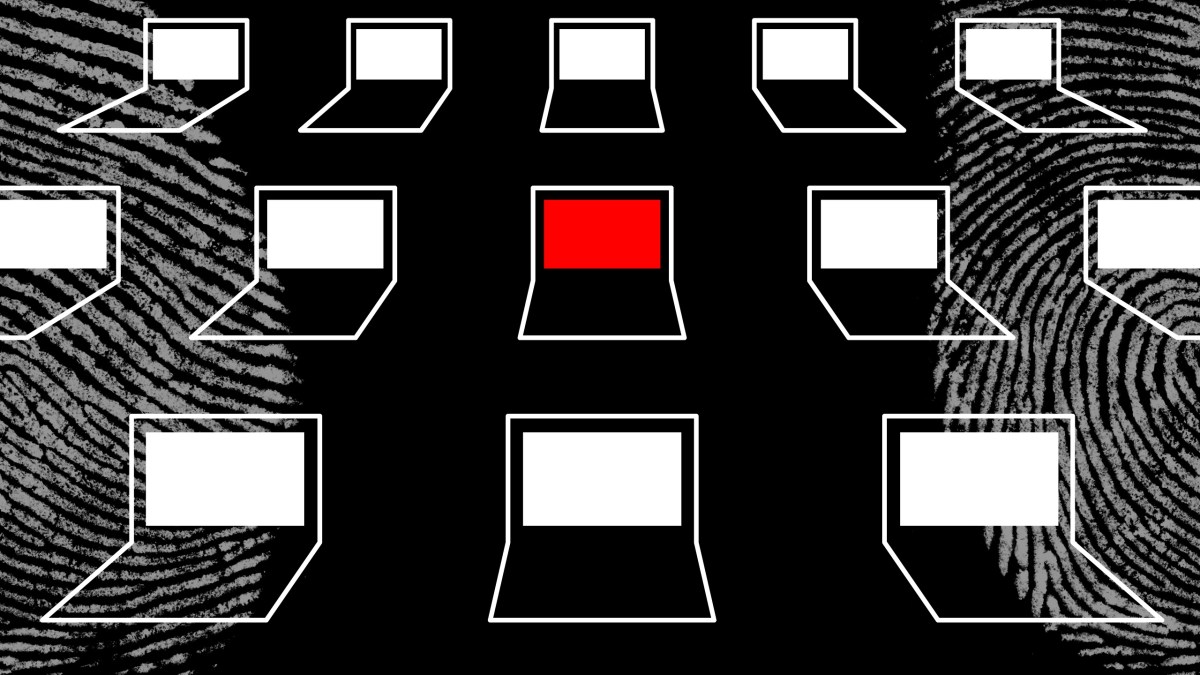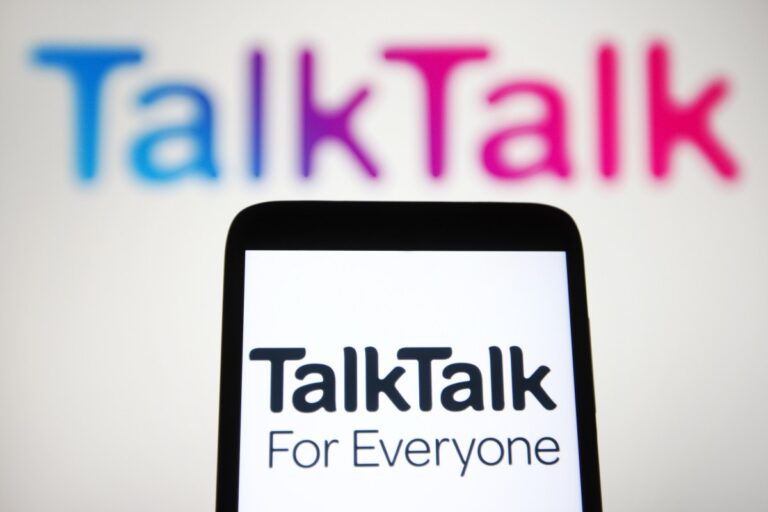SonicWall Alerts: New Zero-Day Vulnerability Exploited by Hackers to Compromise Customer Networks
In the ever-evolving landscape of cybersecurity, a newly discovered vulnerability in SonicWall’s enterprise product is making headlines. This security flaw poses a significant risk for businesses relying on remote access solutions, as hackers exploit the weakness to breach corporate networks. Understanding the implications of this vulnerability is crucial for organizations aiming to protect their digital assets.
Overview of the Vulnerability in SonicWall’s SMA1000
SonicWall has recently issued a warning regarding a critical vulnerability in its SMA1000 remote access appliance. This device is essential for enabling employees to access corporate networks remotely, mimicking an in-office experience. The vulnerability allows unauthorized individuals to deploy malware on affected devices, operating without the need for system login credentials.
Details of the Security Flaw
- Vulnerability Identifier: CVE-2025-23006
- Discovery: Identified by Microsoft and reported to SonicWall last week.
- Exploitation Status: Actively exploited in the wild, leading to confirmed breaches in some corporate networks.
- Nature: Classified as a zero-day vulnerability, meaning it was exploited before a patch was available.
Impact on Corporate Networks
According to SonicWall, the extent of the attacks remains unclear, as neither SonicWall nor Microsoft disclosed the number of compromised networks. However, they emphasized the urgency for customers to implement the security hotfix provided by SonicWall to safeguard their systems.
Risk Assessment
A recent Shodan search revealed that several thousand SMA 1000 appliances are exposed to the internet. This situation heightens the risk for companies with unpatched systems, making them prime targets for malicious hackers.
Trends in Cyber Attacks on Corporate Security Products
Malicious actors are increasingly focusing on corporate cybersecurity products, including firewalls, VPNs, and remote access tools. These devices, designed to protect organizations from intrusions, can also harbor vulnerabilities that compromise their security effectiveness.
History of Zero-Day Attacks
In recent years, major cybersecurity vendors such as Barracuda, Check Point, Cisco, Citrix, Fortinet, Ivanti, and Palo Alto Networks have disclosed zero-day vulnerabilities that have led to significant network breaches.
Top Exploited Vulnerabilities in 2023
The U.S. Cybersecurity and Infrastructure Security Agency (CISA) reported that the most frequently exploited vulnerabilities this year were found in enterprise products from Citrix, Cisco, and Fortinet. These vulnerabilities have been leveraged by hackers to target high-priority organizations.
As the threat landscape continues to evolve, businesses must prioritize security updates and patch vulnerabilities promptly. For more information on how to protect your enterprise from such threats, visit CISA’s official website.







